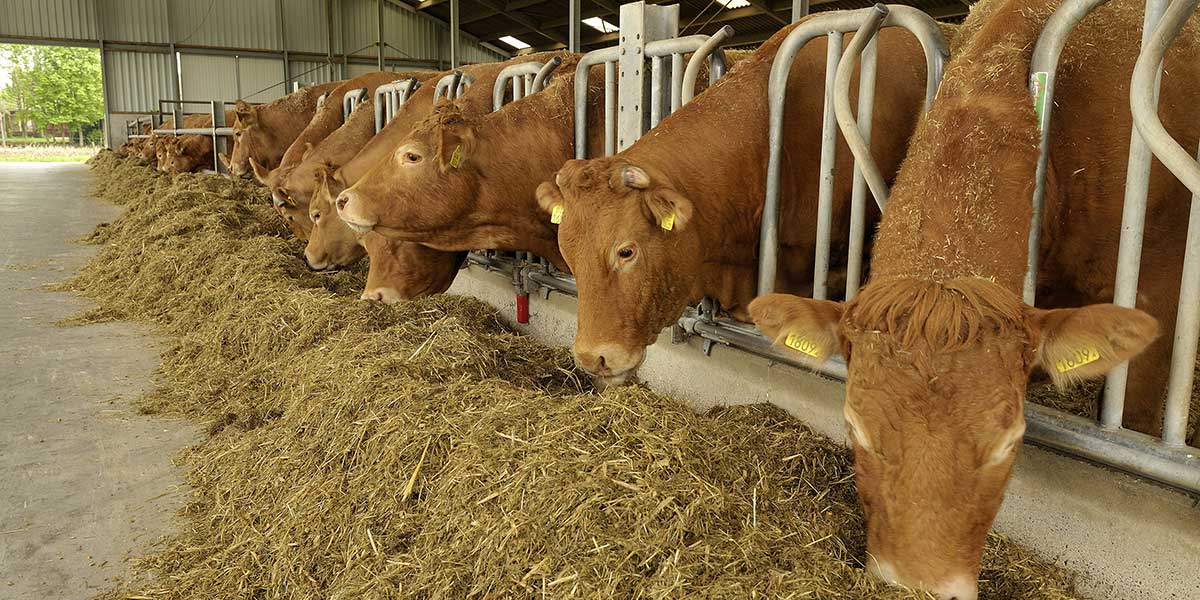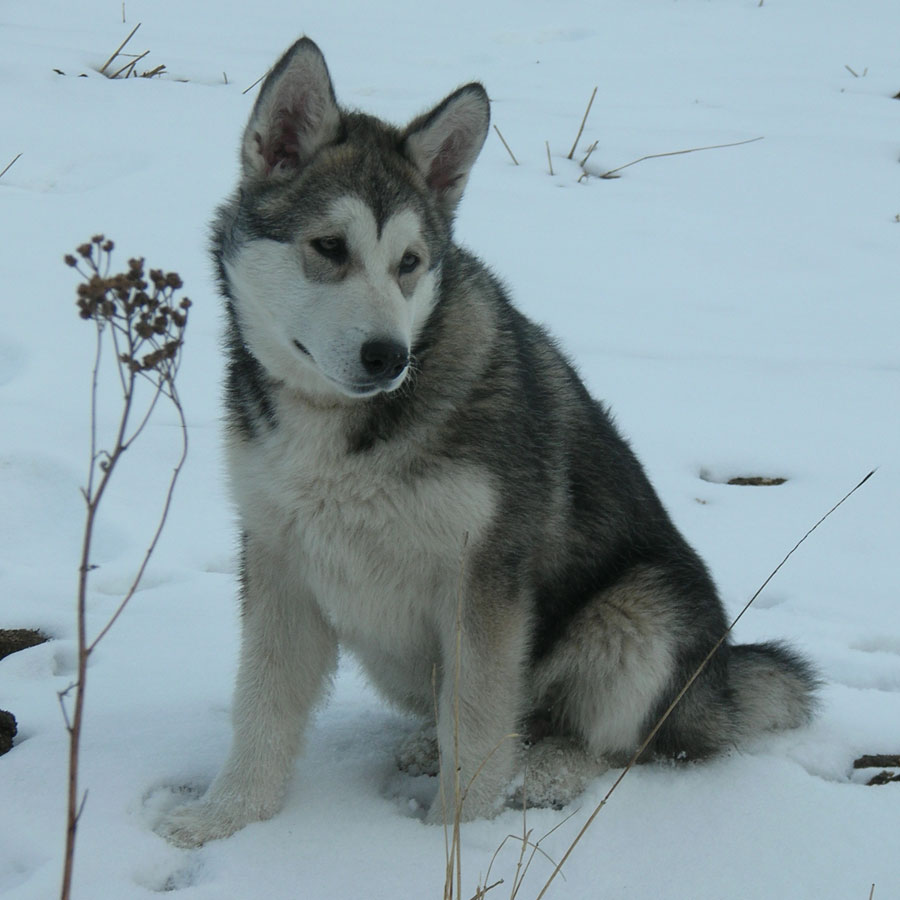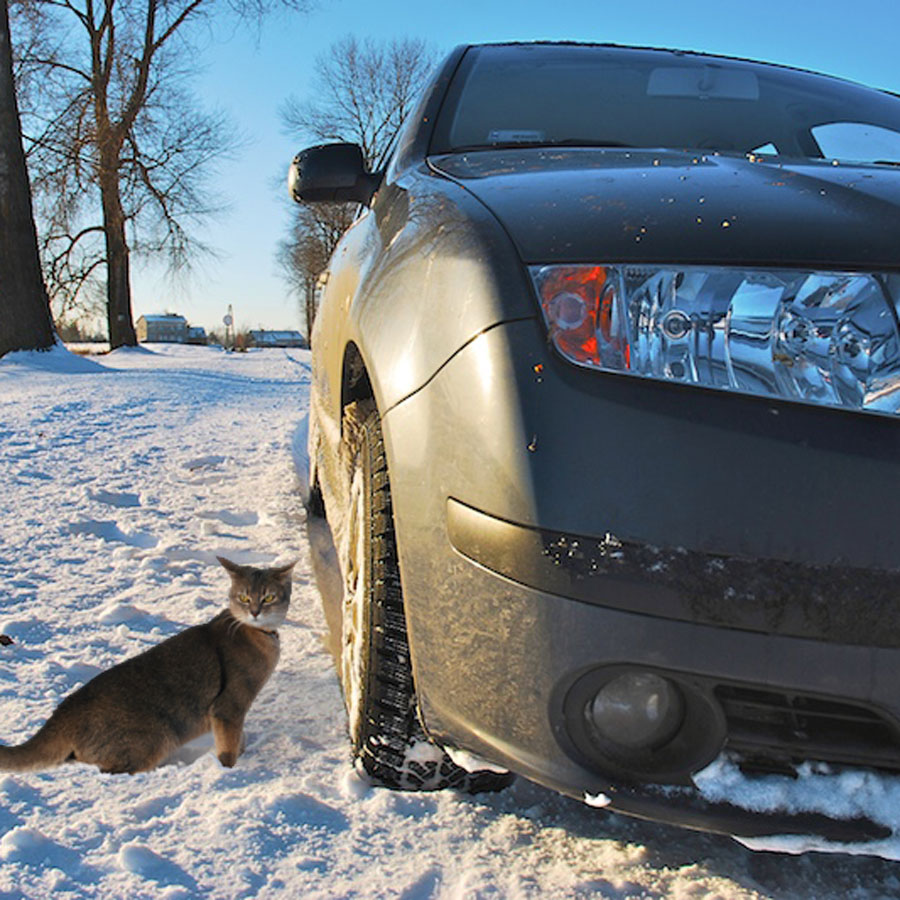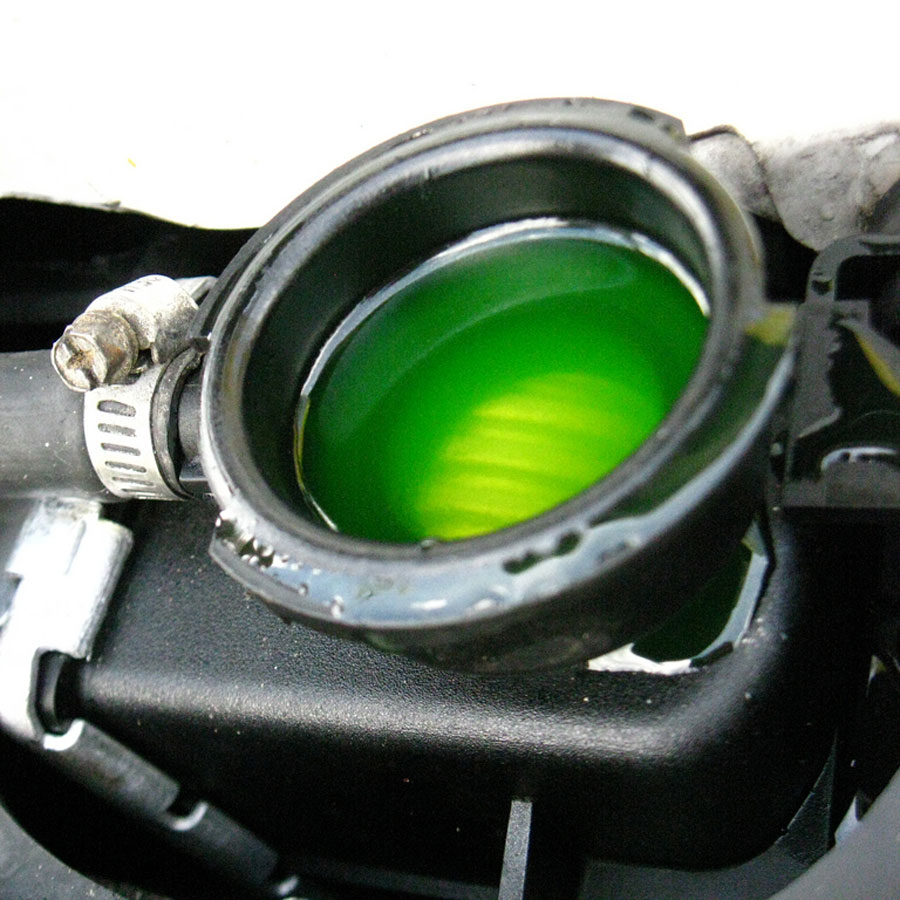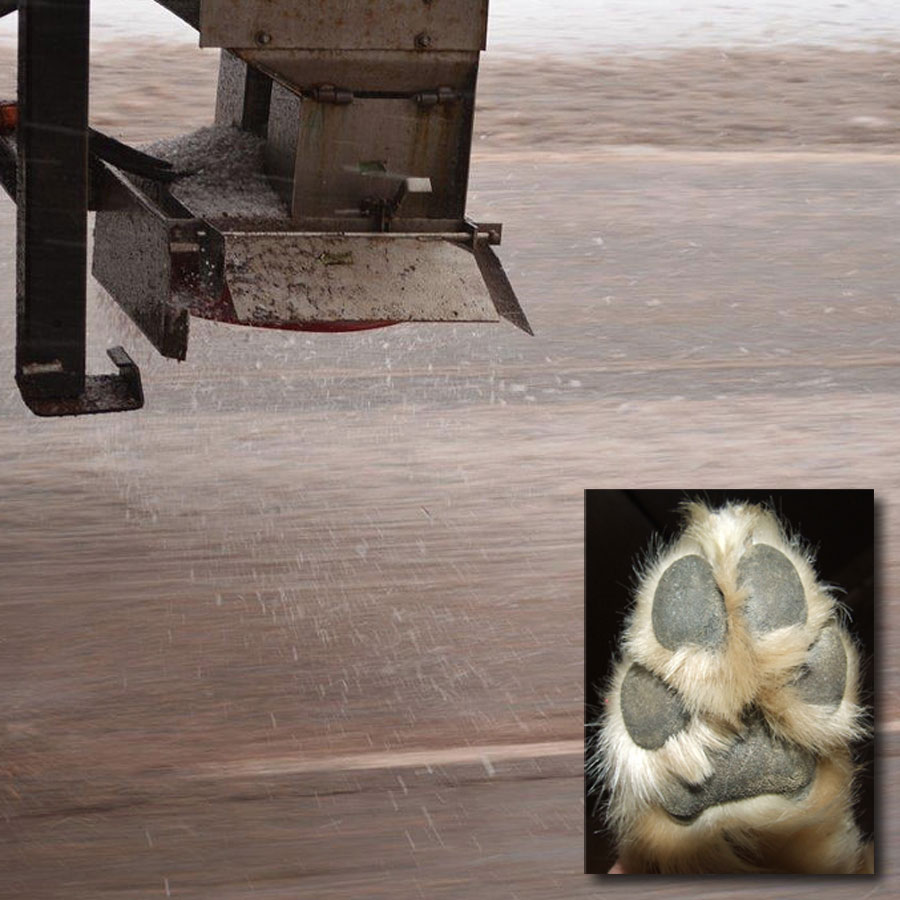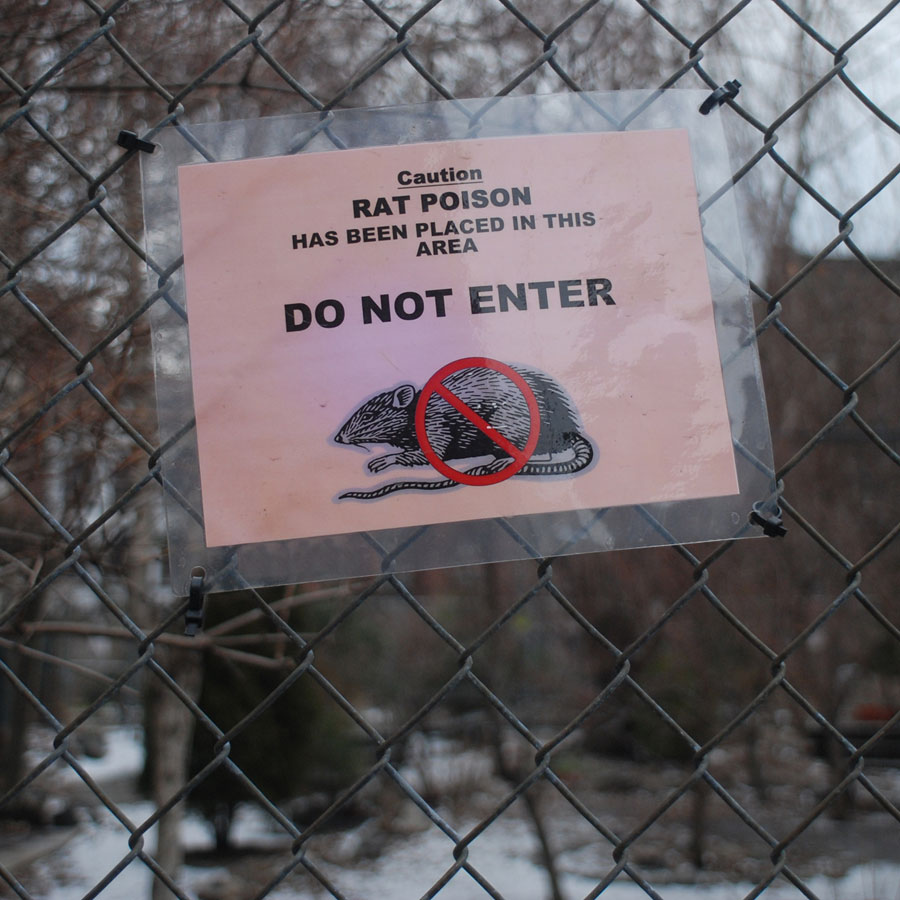There are strange and mysterious sounds
When the winds of winter blow,
The long nights are crystal clear and cold,
And the fields and meadows are covered with snow.
~ Joseph T. Renaldi (from “Winter Wonderland”)
Even for those who don’t much like the season, winter does have its charms. Is there anything more serene than the sight of newly fallen snow on a frozen meadow, or more enticing than festive holiday lights illuminating a city street? Yet behind all that beauty lie dangers, hidden and unhidden, that every pet owner must be aware of once the winter months roll around. Now, with daily temperatures dipping below zero in New York, New England and other northern states, we will end the year with cautionary advice for pet owners keen to protect their animals from these perils and keep them safe, healthy, and happy.
Baby, It’s Cold Outside
First and foremost, don’t forget that cats and dogs are mammals, just like people, with their own built-in natural thermostat designed to help them maintain a constant body temperature in just about any weather. The only difference is that most breeds come equipped with their own fur coat that insultates them from the cold. Nevertheless, when the weather turns extreme, even the furriest critter can suffer from frostbite (particularly to ears and paws) and life-threatening hypothermia. This applies doubly to puppies and kittens. If the weather is too bitter for you, then it’s probably too bitter for your pets too. In that case, keep them inside!
A Car Is Not a House
If you do decide to let your pets outside to roam a while, be aware that they will instinctively seek shelter if the weather suddenly turns inclement. Small dogs may crawl under a car’s chassis to get out of freezing rain; and if an automobile has recently been running, cats have been known to curl up on top of the warm engine block and fall asleep. Before driving away, check around the tires and under the hood, lest you accidentally run over or mangle your beloved animal companion.
Don’t Eat the Green (or Pink, or Blue, or Red) Snow
And speaking of automobiles, the substance we use to keep our cars running in cold weather can stop housepets in their tracks: antifreeze. The active ingredient in commercial antifreeze, ethylene glycol, is poisonous to dogs and cats. Unfortunately, it has a nice smell and tastes sweet; so if it leaks from your radiator or spills while you’re topping it off, there’s a danger that your pet may be tempted to ingest some of it. If they show symptoms of antifreeze poisoning (including drooling, vomiting, or disorientation), get them to the vet right away. Better yet, avoid the problem altogether by disposing of any spillage where your pets may sniff it out and swallow it.
Remember: People Wear Boots—But Animals Go Barefoot
When temps plummet and snow falls, municipalities and homeowners often put down ice-melt of one sort or another to prevent falls on slippery surfaces. This is not a problem for boot-clad feet (though it does make a mess of floors and carpets). But for animals, it’s a little like walking on broken glass. The salt in these substances can quickly irritate the paws of cats and dogs, causing chapping and even open sores. In addition, depending on the formulation, they can be poisonous if ingested in sufficient amounts (for instance, if your pet licks its paws to sooth the irritation). Since these are often salt-based, they can accumulate in the body and throw the electrolytes of the animal out of balance, leading to various health problems, including kidney damage and even death. Your best bet is to use pet-friendly de-icing products, and always wash your pet’s paws after it’s been outside.
Not All Dangers Are Outdoors
People invite their pets into their homes. But once the winter weather sets in, unwanted pests invite themselves. No one wants a house infested with rodents at any time of year. However, the means we use to control the mice and rats that seek the warmth of human homes in wintertime can also harm our pets. Spring traps can injure them; and rodenticides, which are extremely toxic, can kill them. Therefore, it is advised to use non-lethal traps if possible, and to situate toxic bait traps where pets can’t get at them.
If you keep these helpful winter safety tips in mind, you and your pet will enjoy a happy and healthy 2018.
